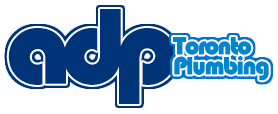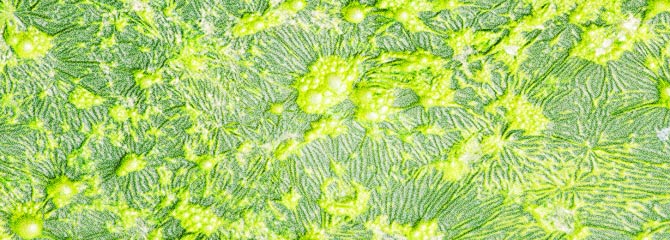We’re so concerned these days with germs and bacteria above ground that we use disinfectant hand cleaners, soaps, household cleaning products, and even dishwashing liquids. We clean our bathrooms, kitchens, toilets, and sinks with substances formulated to get rid of all possible health hazards, and don’t even use chemical weed killers on the dandelions that take over our parks in the spring. What we often overlook, however, is the risk we take daily by not ensuring that our Toronto drains are free of pollutants that can cause significant damage to our families’ health.
Petroleum Fumes
An article that appeared today in the Toronto Star’s “The Fixer” section tells of white road paint being dumped down a city storm drain. This is reminiscent of recent problems wherein an area of Toronto, drains were being used to dispose of petroleum-based fluids. The result was fumed that came up through the floor drains inside local homes and bothered the residents for several weeks. We pretty much all know what petroleum-based fumes can do to the human respiratory system; apart from giving you a headache, the long term effects include muscle damage and organ failure.
Pesticides
Ok, petroleum fumes are easy to detect, but there are other, more insidious pollutants that don’t smell quite so obvious and therefore don’t deliver the same early warning. When certain types of pesticides find their way into Toronto drains, you may have no idea that you’re breathing in potential harmful gases. And when drains are clogged or blocked, the concentration of pollutants gets even stronger because they aren’t able to flush away as easily. This is one really good reason why regular Toronto drain cleaning using a method such as hydro jetting is necessary, and why you need to be vigilant over what goes in – and stays behind – in your drains.
Vehicle Residues
A variety of pollutants from motor vehicles get into Toronto drains every year. Most are relatively harmless, such as oil, grease, and soap from car washing. One of the highest levels of contamination comes from metals used in vehicle brakes and parts, including copper, zinc, and lead. We pretty much know the risks of lead poisoning, which can occur by lead leaching into the soil from the storm drains or being left behind after a flood. For homeowners with vegetable patches, this is a significant risk. What’s less well-known, however, is the risk of increased copper levels in your system, which is a common health issue.
Pests
You might think pesticides might resolve this, but in reality, a number of creatures live in Toronto drains. From rats and maggots to cockroaches, a dirty drain can be a breeding ground for all sorts of wildlife. It’s bad enough when they are alive, but if you’ve ever smelt the stench of a dead rat in your drain you know how unpleasant it can be. Here again, the secret to avoiding this is to keep your drains as clean as possible – that way, there’s less temptation for the various scavengers to hang around because there’s less food for them to eat. A clean drain also reduces the risk of clogs that can trap pests and cause them to die in inconvenient places, such as under your newly-paved driveway!
By keeping your drains clean you can avoid the dangers presented to your family’s health by these pollutants.

